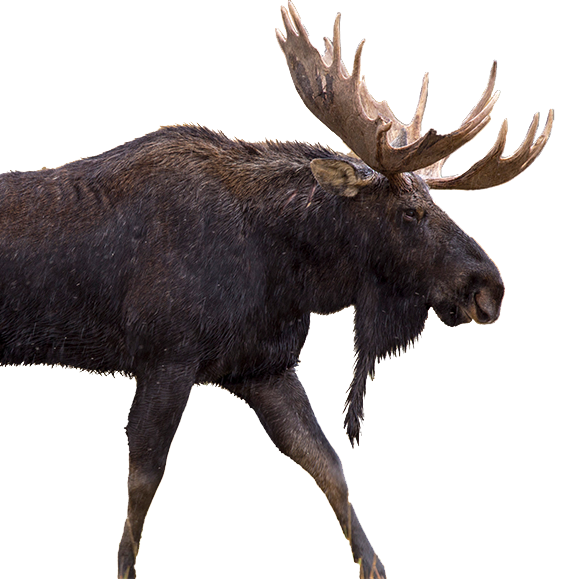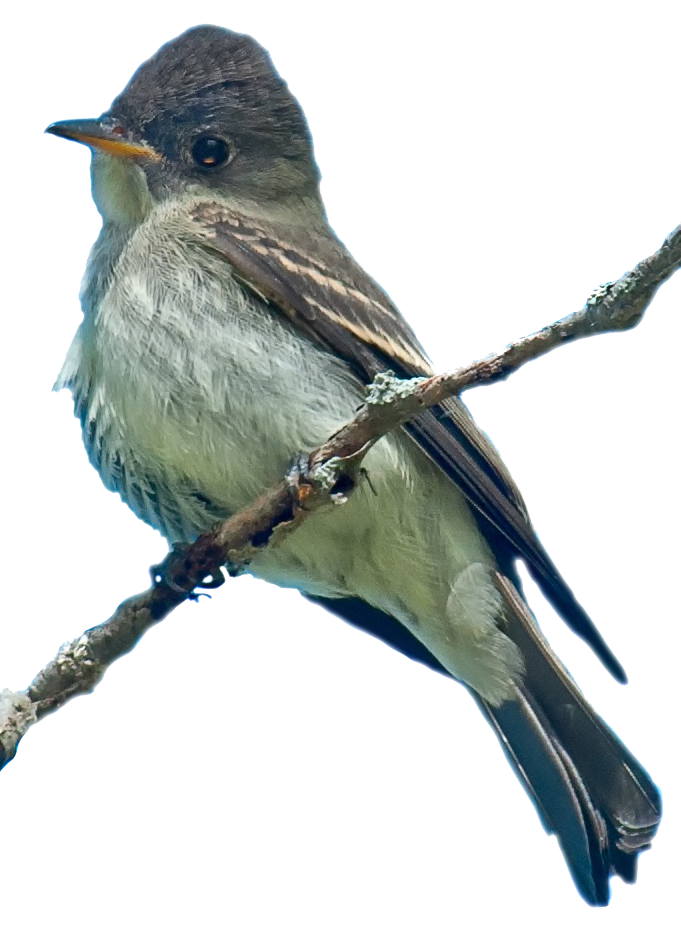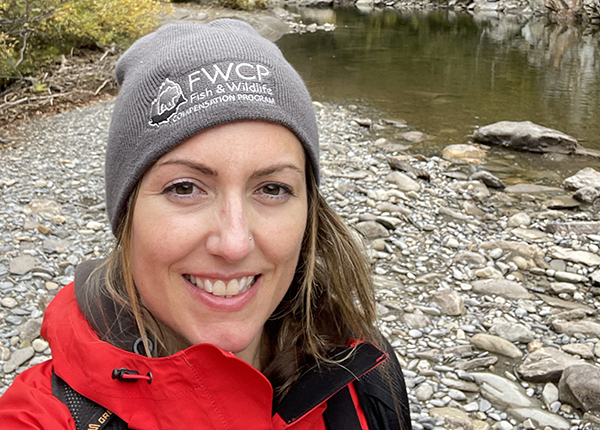Our Peace Region board approved approximately $2.1 million for 25 projects in 2025-2026. The projects—eight fish and 17 wildlife—will be delivered by First Nations, communities, and businesses, as well as agencies, stewardship groups, and consultants.
The projects align with our priorities for riparian areas, wetlands, uplands, rivers, lakes, and reservoirs. The projects are diverse and support a wide range of fish species including bull trout, Arctic grayling, and kokanee, and wildlife such as wolverine, bats, caribou, Stone’s sheep, elk, and moose.
The 2025-2026 projects will, among other things, improve fish passage by removing hanging culverts, study changes in elk movements, and recover Endangered caribou herds with maternity penning and habitat restoration. Several projects respond to First Nations’ priorities related to moose and food sustainability, culturally important plants, and bull trout populations.
Read our Peace Region 2025–2026 project list, look at our project map, and scroll up to explore our interactive map.









